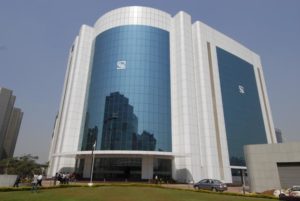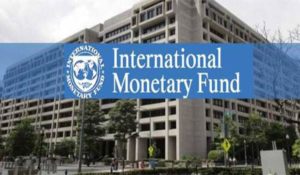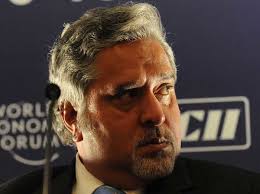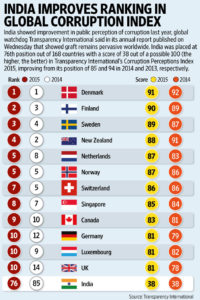
RBI has announced the setting up of a panel under the chairmanship of Y.H. Malegam to study rising cases of bank fraud and set out a blueprint to curb them.
The Reserve Bank of India (RBI) has set 30 April as the deadline for banks to integrate SWIFT (Society for Worldwide Interbank Financial Telecommunication) with core banking solutions (CBS) as it looks to strengthen internal controls in banks following the Rs11,400 crore PNB fraud.
“That (30 April) could be a deadline but it is an outer limit. Today, the urgency is such that everyone wants this project to be on fast track,” Usha Ananthasubramanian, managing director and chief executive officer of Allahabad Bank, and chairman of the Indian Banks’ Association (IBA), said on the sidelines of an IBA event on Friday.
“There is already a mandate from RBI that you need to comply with this straight through processing and combining SWIFT with CBS… Everybody has started…” she added.
The PNB fraud revolves around SWIFT. Branch officials of the lender fraudulently issued letters of undertaking, basically guarantees, to jeweller Nirav Modi-linked companies without getting proper approvals and without making entries in CBS, the software used to support a bank’s most common transactions.
The scam that happened via SWIFT went undetected since it was not linked to CBS and because checks failed at several levels, say experts.
RBI announced the setting up of a panel under the chairmanship of Y.H. Malegam, a former member of its central board of directors, to study rising cases of bank fraud and set out a blueprint to curb them.
In a letter to banks, RBI also reiterated that they must strictly comply with the principle of “four eyes”—that each SWIFT message must be processed by four bank officials: a maker, a checker, a verifier and an authorizer—two people who have seen the letter said on condition of anonymity.
“Apart from talking about maker-checker concept, RBI has asked banks to maintain a Chinese wall between officials dealing with SWIFT and CBS,” said a senior official at Mumbai-based bank, one of the two people cited above.
Source: The Economic Times








